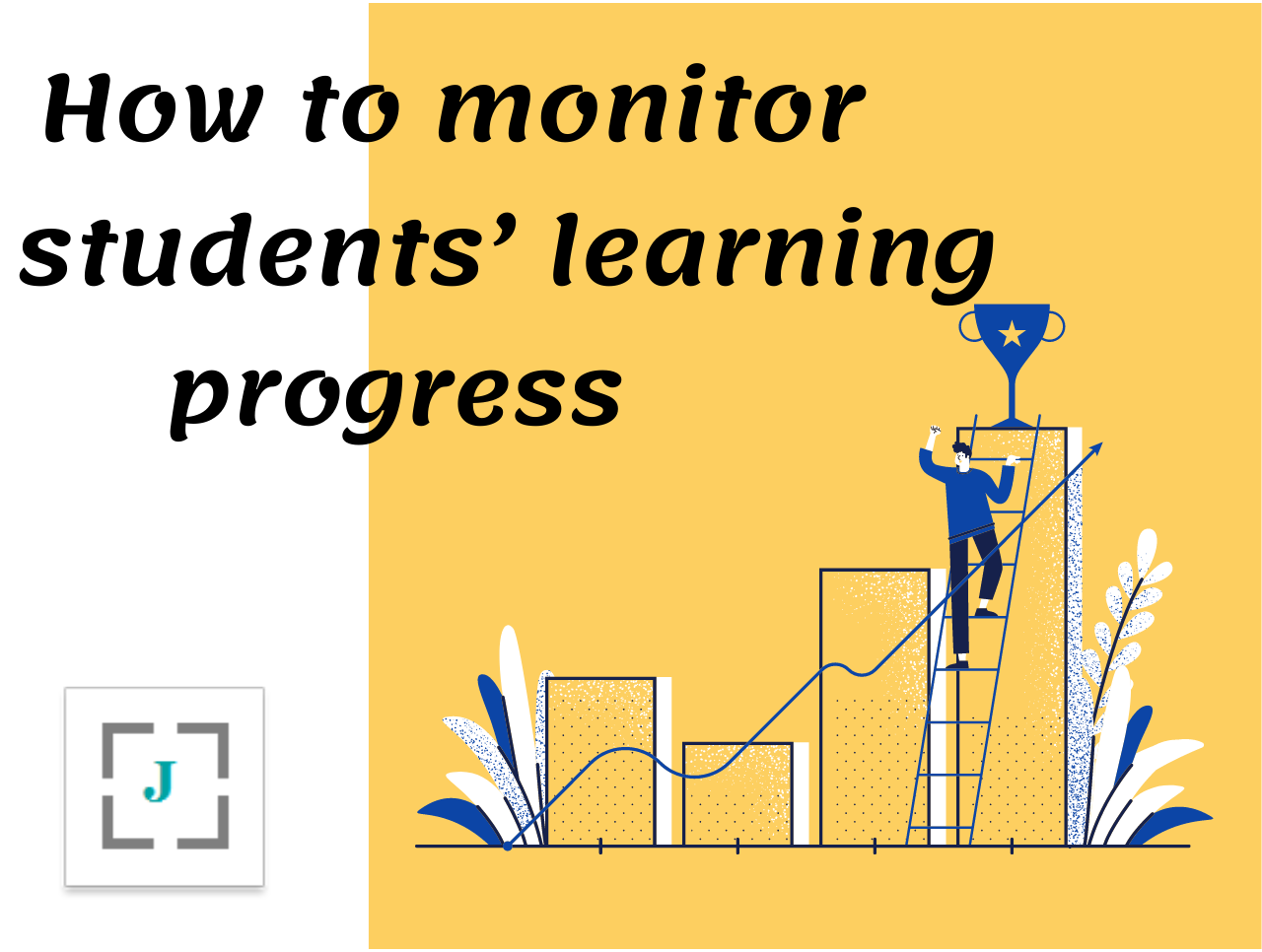How to monitor students’ learning progress
Posted By Puja Kumar |2021-03-15 20:53

From government schools to elite private schools, each student is taught and prepared mentally to contribute something great to society and mankind. While students are at the budding stage, a teacher must give them attention and scrutinize them throughout their educational years. A teacher goes to a class of 40-50 students, teaches them the lessons from the prescribed syllabus and reminds them every time that there’s a test round the corner. But what a teacher sometimes fails to do is to evaluate and assess the students whether they got the clarity on the subjects and if they got their foundations cleared. Lack of students’ evaluation from an early period can lead to that student get shunned a lot in life. A little care taken into consideration by the teacher can be a great move in tailoring a student. -
It’s not easy for a single teacher to evaluate every other student, but some tips would surely help them to push your duties a little forward, track the progress of the students, to make masterpieces out of young minds. With these bullet points, you can make a checklist so that you miss nothing.
1. Practice on white/black/green boards or notebooks –
You can ask your students to come forward and write on board whatever they understand and how much they remember from your lessons you must have taught recently. Students often get nervous to come in front of the entire class to answer something. But you need to make sure to be gentle towards and not give them a cold look even before the student gets out of his/her seat. If a certain period is not sufficient to cover an entire class, then ask them to practice in notebooks and submit immediately after the class.
2. Listen and Observe –
Being a teacher, you must not do all the voicings all the times instead, give a chance to the students to explain to the class how much they understood. Listen to their answers carefully even when you feel that they are not making any sense. Mark their body languages and note where they can improve. Listening and observational skills can go a long way for you and your class. You can also observe the activities of students when they are not studying because students should be groomed in every way and not just in class subjects.
3. Interaction –
Teaching and learning is always a two - way process. Therefore, keep interacting with them. Before diving into the main text, you can warm them up by asking if they have any idea about the topic or the title. After the class, encourage them to ask doubts to you so that every concept gets cleared right in the presence of everyone. Motivate the students to interact among themselves as well. In this way, they can exchange their knowledge and help each other.
4. Tests at regular intervals –
This is something that the majority of the students dread the most. But these class tests will only help to evaluate if your students are on their right tracks.
5. Keep a record –
You must keep a journal where you make a note of every student’s progress. Keep coming back to your journal so that you don’t forget or miss any student improving or deteriorating.
Tags: How do you track student learning, How do you track student progress?, How do you assess student learning?, How do you monitor teaching and learning?
